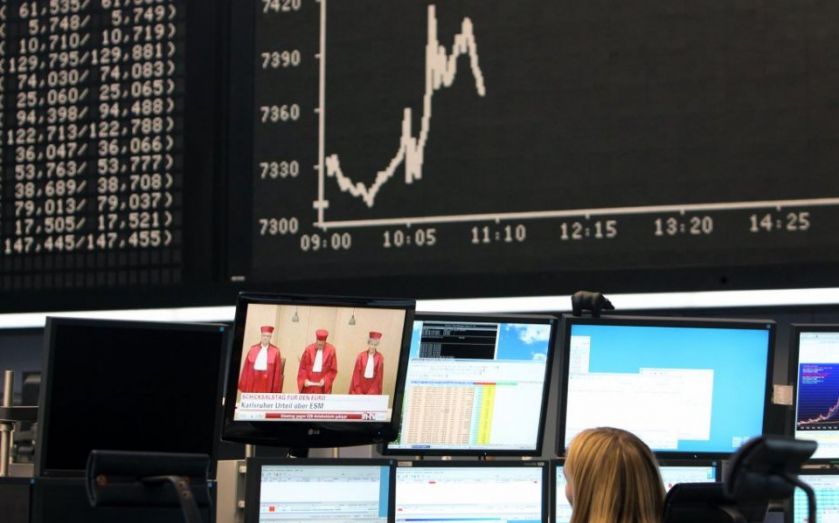TV leaders’ debate: Rise of smaller parties “unnerving development for the markets”

The strong showing from the smaller parties in last night's leaders' debate could add to market jitters over the unpredictable result of the General Election.
Markets could become increasingly anxious as the polls continue to indicate there will be no clear winner come polling day.
Nick Beecroft, senior market analyst at Saxo Bank, explaining the consequences of last night's contest, wrote:
Until the election, sterling and UK equities will trade from the weak side because of the twin uncertainties to which I refer above-the possibility of either a hung parliament with a weak government and a repeat election, or a Conservative coalition implying the spectre of departure from the EU, and the former may also lead to weakness in Gilts, as the market questions the next administration’s ability to cut the deficit.
Nicola Sturgeon and Nigel Farage both polled well after the debate with Ed Miliband and David Cameron coming neck and neck. An inconclusive result would create considerable policy uncertainty surrounding Britain's place in the EU and the pace of deficit reduction.
If Ukip succeed in winning a large enough number of seats to be decisive in passing a budget, the prospect of an EU referendum and subsequent Brexit comes ever closer into view. Businesses frequently label uncertainty over Britain's position in Europe as one of their top concerns.
A referendum on Britain's EU membership could herald bad news for London's high-flying property market. In January, research from KPMG found that 66 per cent of the real estate experts said "Britain leaving the EU would have a negative impact on inbound cross-border investment."
If Labour forms a minority administration with the support of the SNP, the pace of deficit reduction could be slowed dramatically. An increase in regulation on businesses combined with tax hikes would most likely mean markets would suffer.
However, under a Lbour government businesses would be certain that Britain would remain in the EU. "An outright Labour majority, would ironically be the best for Sterling and equities, eliminating as it does many short-term uncertainties," writes Beecroft.